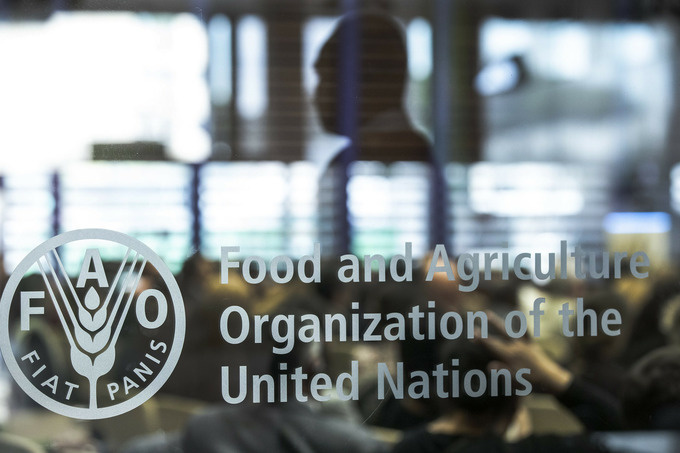The Food and Agriculture Organization (FAO) of the United Nations plans to dedicate 42% of its activities in Afghanistan to development projects next year, according to Amu citing the Taliban-run Ministry of Agriculture.
The statement was made following a meeting between Richard Trenchard, FAO’s country representative, and Taliban Agriculture Minister Ataullah Usmani. Trenchard reportedly conveyed the organization’s intention to focus on expanding development initiatives, alongside its ongoing support for Afghan farmers. However, the FAO has yet to publicly comment on the meeting or confirm the details shared by the Taliban.

While Trenchard emphasized the FAO's primary goal of assisting Afghan farmers, he also indicated that the organization aims to broaden its developmental efforts in 2025. This includes projects that could play a crucial role in the country’s recovery and development amid its ongoing challenges.
The announcement comes at a time when Afghanistan is grappling with a worsening hunger crisis. The World Food Programme (WFP) recently reported that approximately 12.4mn people in Afghanistan are facing "acute" food insecurity, with mothers and children being the most severely impacted. Afghanistan has been identified as one of the 22 countries worldwide experiencing a critical hunger crisis, according to WFP.
The organization has raised alarms about the risk of unsustainable operations in Afghanistan without sufficient funding and donor support. However, funding challenges have been exacerbated by the Taliban's policies, including restrictions on women’s participation in the workforce. The United Nations has warned that these restrictions have led to a significant reduction in aid from donor countries, resulting in budget shortfalls for humanitarian organizations and deepening the country’s crisis.
As the FAO plans its next steps in Afghanistan, it faces the difficult task of navigating the complex humanitarian landscape, with limited funding and the ongoing challenges of political and social restrictions.
Earlier, it was reported that Afghanistan, one of the world’s poorest nations, is grappling with severe consequences of climate change, making it the fourth most vulnerable country to its impacts. Decades of conflict and environmental degradation have worsened the situation, leaving millions at risk.
Follow Daryo's official Instagram and Twitter pages to keep current on world news.
Comments (0)